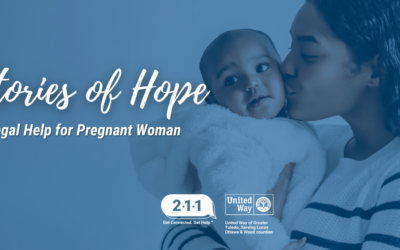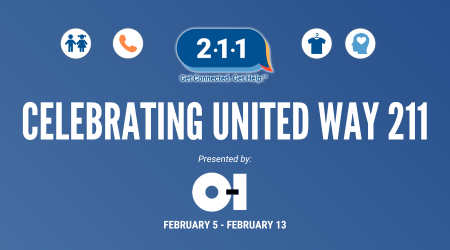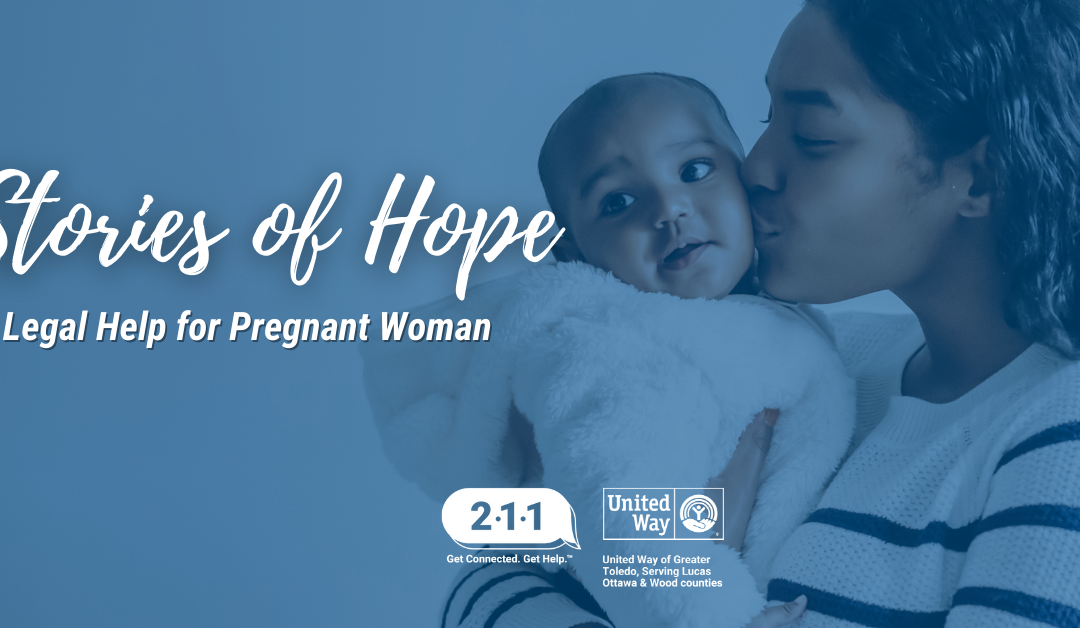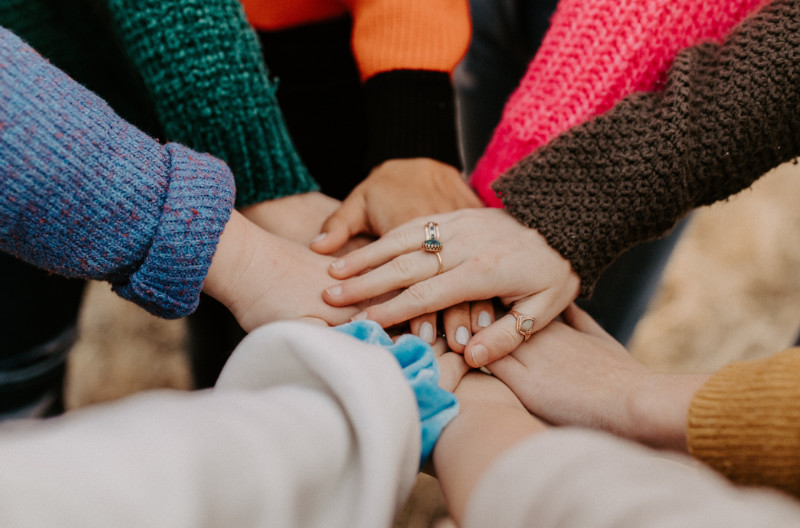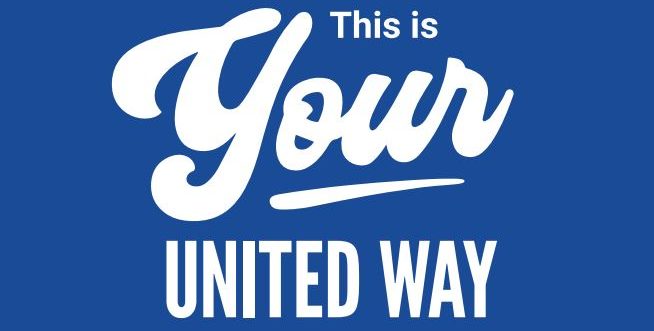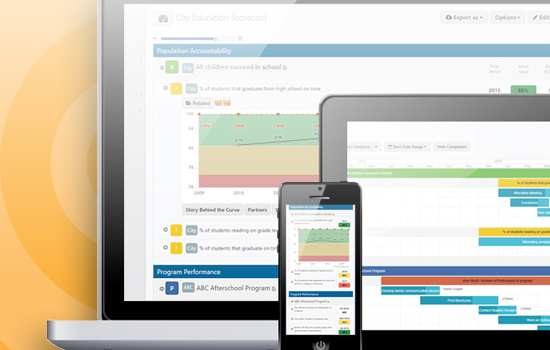It comes every 10 years… asking questions about you and your household. Each decade, we can expect to see more communication in our neighborhoods and communities on participating in this “little” thing called the Census.
You may not want to believe it, but the 2020 Census is right around the corner. Actually, it’s less than a year away.
Since 1790, the United States has been conducting a decennial census, as is legally outlined in the Constitution. Under article I, section II, the country’s founders set an ambitious goal in counting every person living in the nation. This count would determine representation in the U.S. Congress, and as our country aged, the Census would go on to determine a slew of other things in our society.
As a United Way donor with an affinity for health and human service nonprofits: Why should the 2020 Census matter to you?
It comes as a surprise to many that the 2020 Census leverages billions of dollars for health and human services for the state of Ohio… $21 billion to be exact. That includes $11 billion for Medicaid, $2.5 billion for SNAP (supplemental nutrition assistance program), $2 billion for Medicare Part B, $1.4 billion for highway planning and construction, $565 million for educational title dollars, $557 million for section 8 housing…
Yes, this list is still going….
$459 million for section 8 housing payment assistance, $431 million in special education grants, $350 million for the national school lunch program, $342 million for CHIP (children’s health insurance program) $323 for head start and early head start…
I’m almost done…
$204 million for foster care, $164 million for WIC (nutrition program for women, infants and children), $148 million for low-income home energy assistance, $130 million for childcare and development funding and $122 million for health center programs.
Whew! Okay I’m done!
Why am I rattling-off all these dollar amounts? Because I want to give you a clear picture on how the federal government allocates money to Ohio for some of its most expansive programs. These are all based on the information our government receives via the Census. So when you hear community members stress the importance of taking the Census… this is why.
It is estimated that for each person not counted in the Census, it will cost Ohio about $1,814 per year, per person for ten years.
I personally view nonprofit entities as being a bridge over the “gaps” in health and human services. In times of need, individuals can indeed lean on government entities for help. Rather than their path to success being filled with ups and downs – stops and starts – nonprofits can help smooth that long and tough journey to prosperity.
For example, if a child is hungry at school, the National School Lunch Program can provide them with a free and healthy mid-day meal. But what happens when school lets-out? That’s where nonprofits step-in to provide take-home meals or setup after-school snack programs. Hence how we “fill those gaps.”
If folks in our community aren’t taking the Census, that could mean less dollars coming into our state from the federal government. In turn, that then requires nonprofits to step up to the plate and create more programs, pumping more dollars into social services, when nonprofits already struggle to meet the ever-mounting needs of the community.
That could really affect the impact of your gift. The less money we have coming back into our communities, the further nonprofits have to stretch every dollar they’re given. Or, even worse, have to leave behind programs to keep others afloat.
This is why the Census is such a big deal to United Way and our partners. It impacts every person in our community. If you think the Census doesn’t impact you, then take another look at that line-item for $1.4 billion for highway planning and construction. What does a low Census count even mean for your commute to work?
Additionally, there are many digital changes being made to the Census this year. In 2020, it’ll be out with paper surveys and in with taking the Census online. How could this move deter our rural community members or urban residents with limited access to technology from taking the Census? And how would this lack of information impact demographic studies in understanding the makeup of Lucas, Wood and Ottawa County?
For more answers and additional information on upcoming Census changes and how United Way and our community members are pushing the Census, join us for an interactive online webinar on June 27 over the lunch-hour from 11:30 a.m. to 12:30 p.m.





